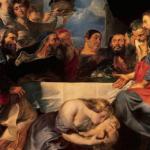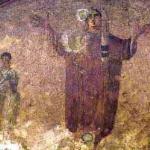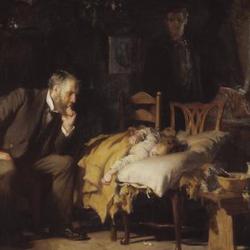In After God, Tristram Engelhardt notes that autonomy is not merely a source of authority in secular culture, but “a cardinal directing value or goal.” In today’s world, one is “obliged freely to choose in conformity with very particular understandings of freedom. The result is that morally condemning autonomously chosen, peaceable, secularly acceptable life-styles and death-styles is considered to be immoral because it involves a failure to accept others as free and equal sources of moral authority and personal moral worth” (248).
Professionals are therefore obliged “to accord others not just a right to respect, but also to recognize their claim rights to autonomy and to offer social support for the dignity of their life-styles and death-styles.”
This puts traditional Christian health care providers in a bind: They “are condemned for their failure to support secularly accepted life-style choices, including homosexual life-styles.” A physician who offered a patient a comparison of “the health risks of a male homosexual life-style” and the risks of “heavy smoking” would come under fire.
Any “adverse judgment of a politically, that is, legally accepted life-style . . . will be construed as a form or morally prohibited intolerance and professional malfeasance. Indeed, traditional Christianity’s ‘intolerance’ of such life-styles, if voice publicly, is judged to be an instance of hate speech, because such statements bring into question the moral rectitude of those exercising politically legitimate rights of self-determination” (248-9).
Health care professionals have few choices. They can cheerfully conform to the standard of secular autonomy, and become active agents for secularizing health care. They can remain silent, and thereby become tacit agents for maintaining and advancing the secular consensus. They can buck the system and risk their livelihood and professional status.
Few choices, none of them, good.















